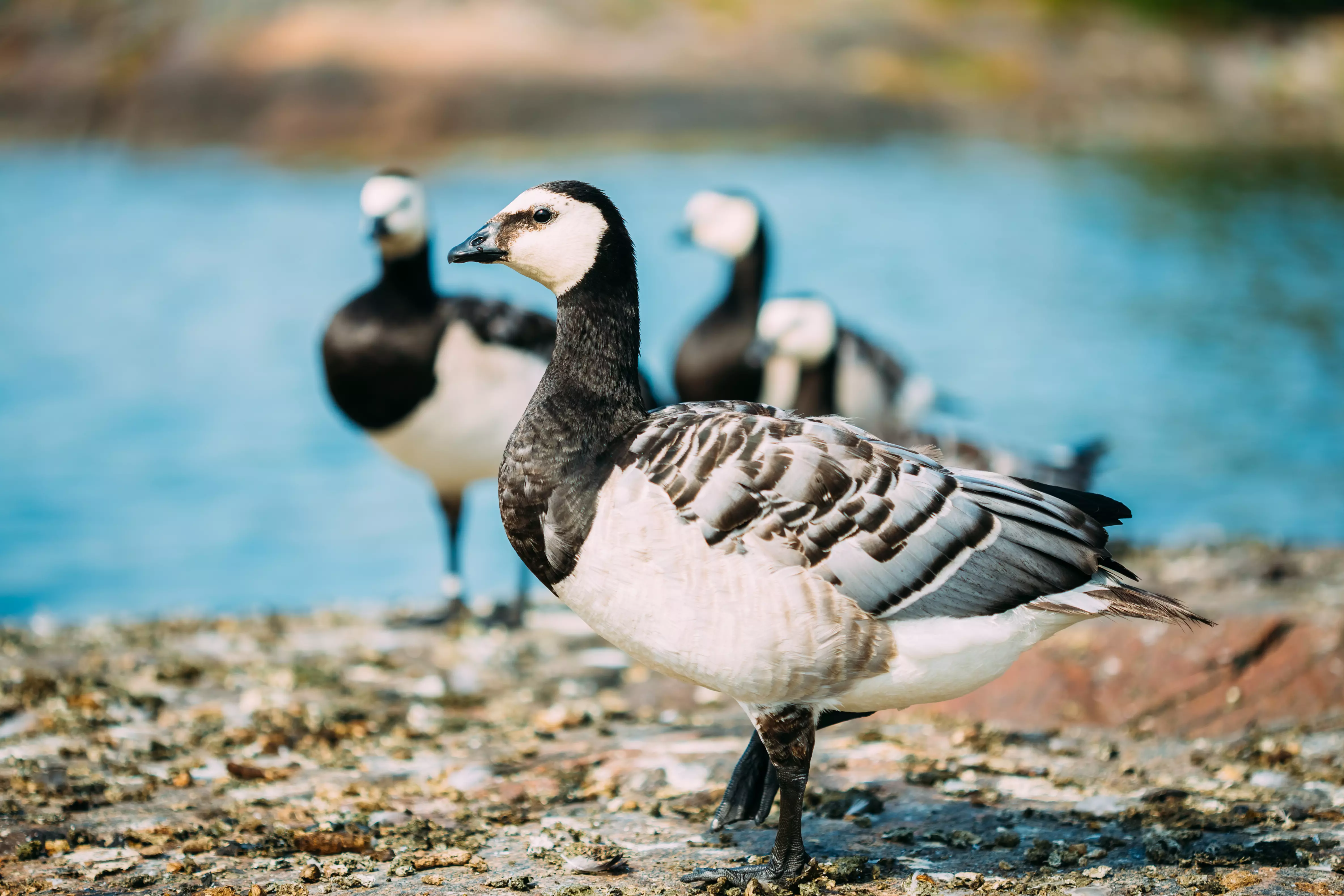Avian zoology
Introduction to the world of birds
Birds are fascinating creatures that have attracted human attention for centuries. They are not only beautiful in appearance, but also have many interesting biological characteristics. In this article, we will review the basic information about bird zoology.
Definition of birds
Birds are a class of animals belonging to the vertebrate cluster. They are characterized by the presence of feathers, two forelegs transformed into wings, and a beak. They also have a warm body, which allows them to survive in a variety of climatic conditions.
Birds include many different species, such as penguins, owls and eagles. Each of these species has its own characteristics, which makes them unique and interesting to scientists.
Body structure of birds
The body of birds is designed to allow them to fly. They have lightweight bones, which reduces their weight and makes them easier to move through the air. Their wings allow them to perform various flight maneuvers and the ability to glide.
Many birds also have the ability to sing. They have developed vocal organs that allow them to generate a variety of sounds. It is through this that birds communicate with each other and attract mates for reproduction.
Another distinctive feature of birds is the presence of feathers, which not only enable them to fly, but also serve to regulate body temperature. Birds can shrink or spread their feathers depending on weather conditions, which allows them to maintain an optimal body temperature.
Bird reproduction
Most birds reproduce by laying eggs. The female lays eggs, which are then hatched by her and the male. This process can take anywhere from a few days to several weeks depending on the species of bird. After hatching from the eggs, the young birds are fed by their parents until they are able to obtain food on their own.
Birds are excellent parents who care for their offspring. Many bird species exhibit complex caretaking behaviors, such as bringing food, keeping a clean nest and defending against predators. It is these behaviors that make birds some of the most caring parents in the animal world.
Birds' impact on the environment
Birds play an important role in the ecosystems in which they live. They act as population controllers of other organisms, such as insects, rodents and fish. Many birds are also responsible for spreading plant seeds, which affects the reproductive processes of vegetation.
The impact of birds on the environment is therefore invaluable. Their activities resulting from their biological needs and behaviors contribute to maintaining ecological balance and ensuring biodiversity.
Summary
Birds are fascinating creatures that are worth getting to know better. Their remarkable biological characteristics, reproduction, body structure and impact on the environment make them an extremely important part of our ecosystem. Therefore, take the time to explore the mysteries of bird zoology and appreciate their unique characteristics.